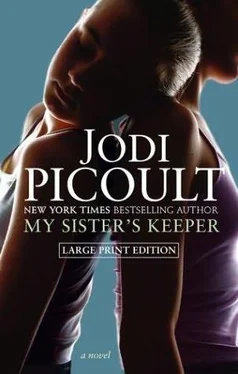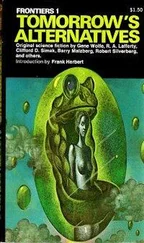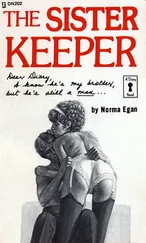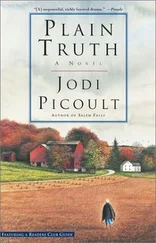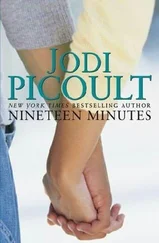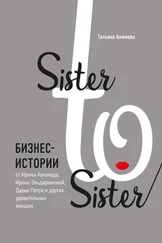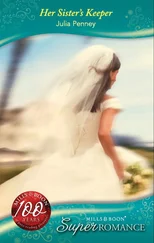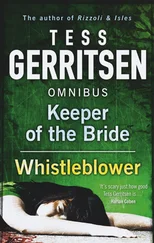"Hey," I say.
Anna goes to dry her hands under the blower. The air doesn't feed out, not reading the sensor of her palm for some reason. She waves her fingers beneath the machine again, then stares at them, as if trying to make sure that she's not invisible. She bangs on the metal.
When I lean over and wave a hand beneath it, hot air breathes into my palm. We share this small warmth, hobos around a kettle-bellied fire. "Campbell tells me you don't want to testify."
"I don't really want to talk about it," Anna says.
"Well, sometimes to get what you want the most, you have to do what you want the least."
She leans against the bathroom wall and crosses her arms. "Who died and made you Confucius?" Anna turns away, then reaches down to pick up my knapsack for me. "I like this. All the colors."
I take it and slip it over my shoulder. "I saw old women weaving them, when I was in South America. It takes twenty spools of thread to make this pattern."
"Truth's like that," Anna says, or it's what I think she says, but by then she has left the room.
I am watching Campbell's hands. They move around a lot while he is talking; he almost seems to use them to punctuate whatever he's saying. But they're trembling a little, too, and I attribute this to the fact that he doesn't know what I'm going to say. "As the guardian ad litem," he asks, "what are your recommendations in this case?"
I take a deep breath and look at Anna. "What I see here is a young woman who has spent her life feeling an enormous responsibility for her sister's well-being. In fact, she knows she was brought into this world to carry that responsibility." I glance at Sara, sitting at her table. "I think that this family, when they conceived Anna, had the best of intentions. They wanted to save their older daughter; they believed Anna would be a welcome addition to the family—not just because of what she would provide genetically, but also because they wanted to love her and watch her grow up well."
Then I turn to Campbell. "I also understand completely how, in this family, it became critical to do anything that was humanly possible to save Kate. When you love someone, you'll do anything you can to keep them with you."
As a little girl, I used to wake up in the middle of the night remembering my wildest dreams—I was flying; I was locked in a chocolate factory; I was queen of a Caribbean isle. I would wake with the smell of frangipani in my hair or clouds caught in the hem of my nightgown until I realized that I was somewhere different. And no matter how hard I tried, I might fall asleep again but I could not will myself back into the fabric of that dream I'd been having.
Once, during the night Campbell and I spent together, I woke up in his arms to find him still sleeping. I traced the geography of his face: from the cliff of his cheekbone to the whirlpool of his ear to the laugh lines ravined beside his mouth. Then I closed my eyes and for the first time in my life fell right back into the dream, in the very spot where I'd left it.
"Unfortunately," I say to the Court, "there is also a point when you have to step back and say that it's time to let go."
For a month after Campbell dumped me, I did not get out of bed except when forced to go to Mass or to sit at the dinner table. I stopped washing my hair. Under my eyes were dark circles. Izzy and I, at very first glance, looked completely different.
On the day that I mustered the courage to get out of bed of my own volition, I went to Wheeler and trolled around the boathouse, carefully staying hidden until I found a boy on the sailing team—a summer session student—who was taking out one of the school's skiffs. He had blond hair, instead of Campbell's black. He was stocky, not tall and lean. I pretended I needed a ride home.
Within an hour I had fucked him in the backseat of his Honda.
I did it because if there was, someone else, then I wouldn't smell Campbell on my skin and taste him on the inside of my lips. I did it because I had been feeling so hollow inside that I feared floating away, like a helium balloon that rose so high you couldn't even see the faintest splash of color.
I felt this boy whose name I couldn't be bothered to remember grunting and heaving inside me; I was that empty and that far away. And suddenly I knew what became of all those lost balloons: they were the loves that slipped out of our fists; the blank eyes that rose in every night sky.
"When I first was given this assignment two weeks ago," I tell the judge, "and I started to look at the dynamics of this family, it seemed to me that medical emancipation was in Anna's best interests. But then I realized I was guilty of making judgments the way everyone else in this family does—based solely on physiological effects, instead of psychological ones. The easy part of this decision is to figure out what's medically right for Anna. Bottom line: it is not in her best interests to donate organs and blood that has no medical benefit for Anna herself but prolongs her sister's life."
I see Campbell's eyes spark; this endorsement has surprised him. "It's harder to come up with a solution, though—because although it may not be in Anna's best interests to be a donor for her sister, her own family is incapable of making informed decisions about that. If Kate's illness is a runaway train, then everyone reacts from crisis to crisis without figuring out the best way to bring this into the station. And using the same analogy, her parents' pressure is a switch on the track—Anna isn't mentally or physically strong enough to guide her own decisions, knowing what their wishes are."
Campbell's dog gets up and begins to whine. Distracted, I turn to the noise. Campbell pushes away Judge's snout, never taking his eyes off me.
"I see no one in the Fitzgerald family who can make unbiased decisions about Anna's health care," I admit. "Not her parents, and not Anna herself."
Judge DeSalvo frowns down at me. "Then Ms. Romano," he asks, "what's your recommendation to the court?"
SHE'S NOT GOING TO VETO the petition.
That's my first incredible thought—that my case isn't going down in flames yet, even after Julia's testimony. My second thought is that Julia is as ripped up about this case and what it's done to Anna as I am, except she's put it out there on display for everyone to see.
Judge has chosen this moment to become a colossal pain in the ass. He sinks his teeth into my coat and starts tugging, but I'll be damned if I'm going to break before I hear Julia finish.
"Ms. Romano," DeSalvo asks, "what's your recommendation to the court?"
"I don't know," she says softly. "I'm sorry. This is the first time I've ever served as a guardian ad litem and been unable to reach a recommendation, and I know that's not acceptable. But on one hand I have Brian and Sara Fitzgerald, who have done nothing but make choices throughout the course of both their daughters' lives out of love. Put that way, they certainly don't seem like the wrong decisions—even if they aren't the right decisions for both of those daughters anymore."
She turns to Anna, and beside me I can feel her sit a little straighter, prouder. "On the other hand, I have Anna, who after thirteen years is standing up for herself—even though it may mean losing the sister she loves." Julia shakes her head. "It's a Solomon's choice, Your Honor. But you're not asking me to split a baby in half. You're asking me to split a family."
When I feel a tug on my other arm I start to slap the dog away again, but then realize that this time, it's Anna. "Okay," she whispers.
Judge DeSalvo excuses Julia from the stand. "Okay what?" I whisper back.
"Okay I'll talk," Anna says.
I stare at her in disbelief. Judge is whining now, and batting his nose against my thigh, but I can't risk a recess. All it will take for Anna to change her mind is a split second. "You sure?"
Читать дальше
